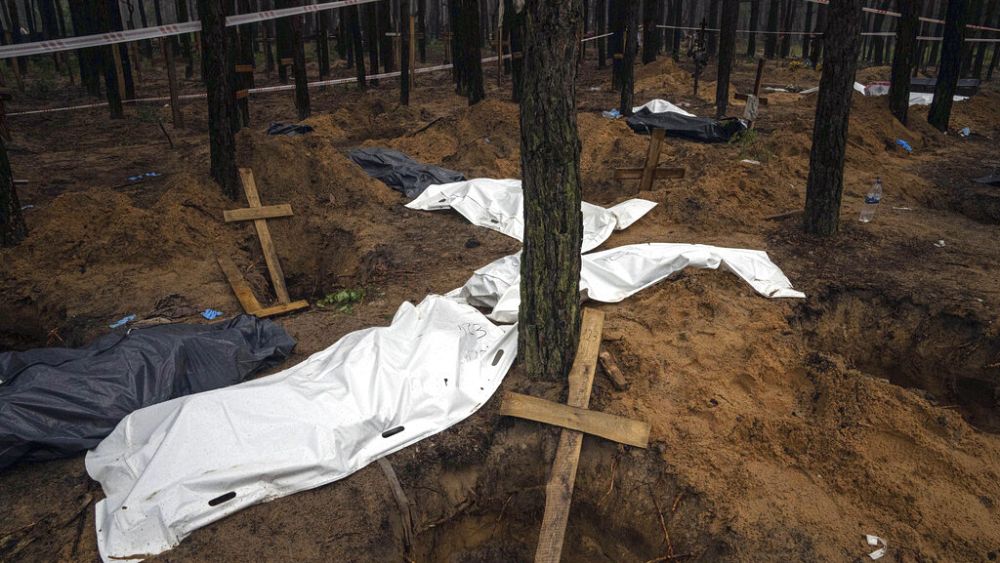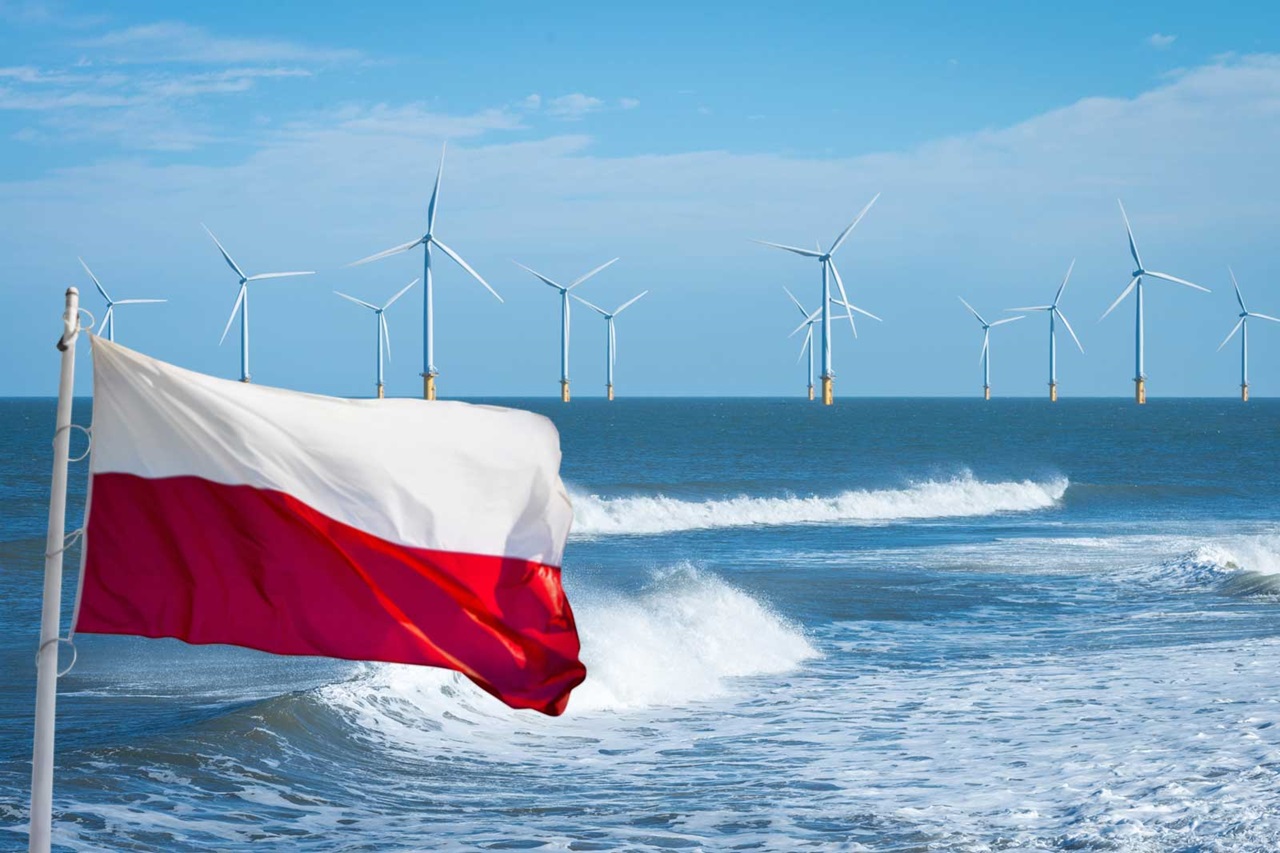1. Russian redoubling after Ukraine advances
Russian troops establish a new line of defense in north-eastern Ukraine, while Kiev’s troops continue their offensive.
In a daily intelligence update, Britain’s Ministry of Defense (MoD) said the line will likely run between the Oskil River and Svatove, some 150 kilometers from Kharkiv, Ukraine’s second largest city.
“Russia probably considers it important to maintain control of this zone as it is traversed by one of the few main supply routes that Russia still controls from the Belgorod region of Russia,” the defense ministry said.
“Russia will likely try to tenaciously defend this area, but it is unclear whether Russia’s front-line troops have sufficient reserves or morale to withstand another concerted Ukrainian attack,” he added.
The new defensive position of Russian forces comes after a rapid Ukrainian counter-offensive that punched a hole through the old front line in the war and allowed Kyiv to retake large tracts of land in the northeastern Kharkiv region bordering Russia.
Ukraine is continuing to push into areas once held by Russia after launching the offensive a week ago.
Kharkiv was captured by Russia early in the war and has remained in Russian hands ever since.
Continue reading:
2. Izium mass graves: EU Presidency wants war crimes tribunal
The Czech Republic, which currently holds the rotating EU presidency, on Saturday called for the establishment of an international war crimes tribunal following the discovery of hundreds of tortured bodies in Ukraine.
Around 450 graves have been discovered on the outskirts of Izium, a town in eastern Ukraine that was recaptured by Russian forces last week.
Almost all the bodies showed signs of a violent death, while some of those exhumed from mass graves were found with ropes around their necks, according to Ukrainian authorities.
“In the 21st century, such attacks on civilians are unthinkable and abhorrent,” Czech Foreign Minister Jan Lipavsky said on Twitter. “We must not ignore it. We are for the punishment of all war criminals.”
The minister called for the swift establishment of a special international court to investigate this “crime of aggression” and “prosecute those responsible”.
Russia has denied committing war crimes and attacking civilians in Ukraine.
The Czech Republic, a former communist country, has taken in around 400,000 Ukrainian refugees since the war began in February and has given Kyiv military aid worth around 150 million euros.
3. Poland opens a new waterway to break dependency on Russia
Poland’s leaders on Saturday celebrated the opening of a new – albeit unfinished – canal which they say will mean their ships will no longer need to seek permission from Russia to sail from the Baltic Sea to Vistula Lagoon ports.
The event was scheduled to celebrate 83 years since the Soviet invasion of Poland during World War II. It was intended to symbolically demonstrate that Moscow’s influence on the economy and development of the area bordering the Russian-controlled Kaliningrad exclave had ended.
The government says the waterway gives Poland full sovereignty in the north-eastern region, which needs investment and economic development.
“The idea was to open up this waterway and no longer have to seek permission from a country that is not friendly and whose authorities do not hesitate to attack and subdue others,” said Polish President Andrzej Duda.
He said the investment will see a return in the value of the surrounding land through the development of the lagoon’s towns and ports thanks to increased trade, business and tourism.
Built at a cost of nearly 2 billion zloty (419 euros), the canal crosses the Vistula Spit east of Gdańsk to allow ships to sail from the Baltic Sea to Elblag and smaller ports on the Lagoon without a permit, traveling through the Strait of Pilava in Russia. It also shortens the route from the Baltic Sea to Elbing by around 100 kilometers.
However, cargo ships can only use the passage when the entrance to Elbląg harbor has been lowered to 5 meters. The works are expected to cost 100 million zlotys (20 euros), although there has been some controversy in Poland over the cost of the project.
Continue reading:
4. Ukraine receives €1.5 billion in new US financial aid
Ukrainian Prime Minister Denys Shmyhal on Saturday thanked the United States for its support after Ukraine received another 1.5 billion euros in international financial aid.
“The state budget of Ukraine received a subsidy of $1.5 billion. This is the last tranche of $4.5 billion in aid from the United States from the @WorldBank Trust Fund,” Shmyhal tweeted.
He said the funds would be used to reimburse household expenses for pension payments and welfare programs.
In addition to financial aid to keep the Ukrainian state afloat, the US, together with its Western allies, has provided Kyiv with billions in military aid.
As of January 2021, the US has pledged more than $13.5 billion in security assistance, according to Ukraine’s Defense Ministry.
US-supplied equipment changed over the course of the Russian invasion. Originally the US. delivered anti-tank and anti-aircraft ammunition, including the Javelin and Stinger systems.
After the Ukrainian military pushed back the Russians from Kyiv and Russia’s focus on eastern Ukraine, this changed towards artillery pieces and other crew-served weapons.
5. “Every minute is too long”: Biden meets with families of US prisoners
US President Joe Biden met with family members of basketball pundits Brittney Griner and Paul Whelan on Friday, in his first face-to-face meeting with their relatives.
In a statement after the separately held meetings, White House press secretary Karine Jean-Pierre said Biden had stressed to the families his “ongoing commitment” to bringing the couple “safely home.”
“He [Biden] asked about the wellbeing of Elizabeth and Cherelle and their respective families at this painful time,” said Jean-Pierre. “The President appreciated the opportunity to learn more about Brittney and Paul from those who love them most and acknowledged that every minute they are held is a minute too long.”
Negotiations between Russia and the US are stagnating and have not yet achieved a breakthrough.
John Kirby, a spokesman for the National Security Council, said earlier Friday that Russia had not responded to what he said was a substantial and serious US offer to secure the release of Griner and Whelan.
“The President will not back down,” Kirby told reporters. “He is confident that this will remain at the forefront of his mind and that of his team and they will continue to work on it as hard as they can.”
Griner has been held in Russia for drug offenses since February. She was sentenced to nine years in prison last month.
Whelan is serving a 16-year sentence on espionage charges he and his family believe were wrong. The USA. The government says both have been wrongfully imprisoned in political cases.
Continue reading:




